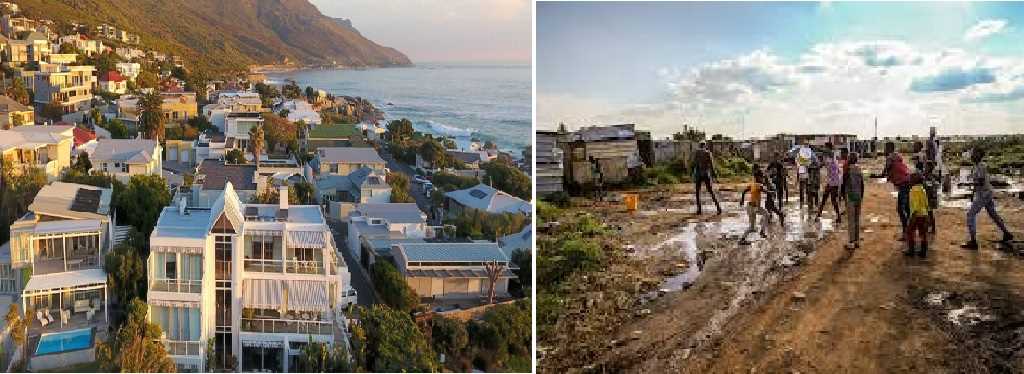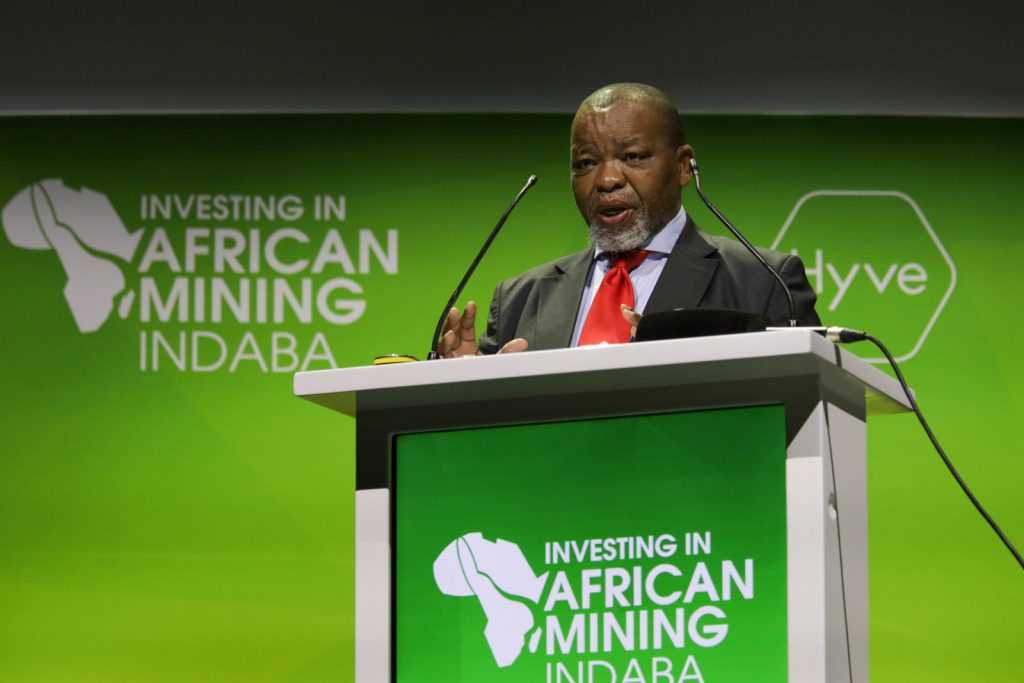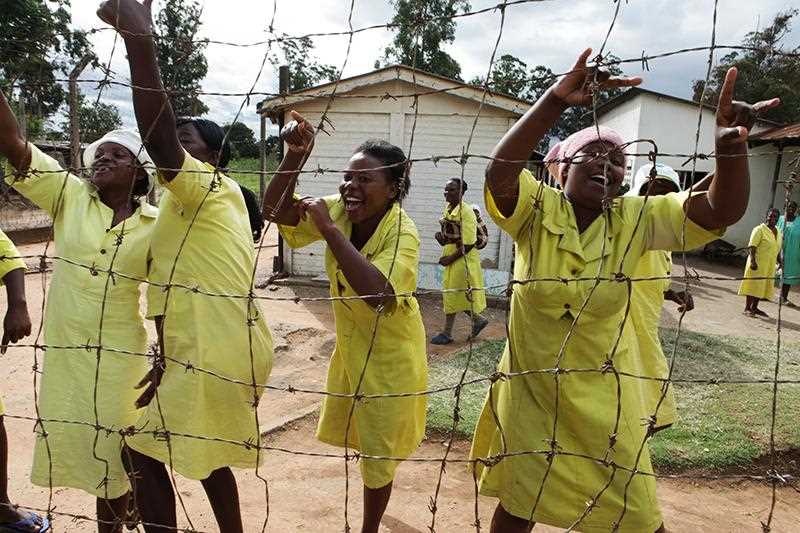
British-founded charity Oxfam said that the most recent Gini index – which measures inequality – found that global income inequality was now comparable with that of South Africa, the country with the highest inequality in the world.
Oxfam, which was founded by Cecil Jackson-Cole in 1942, is a confederation of 21 independent charitable organisations focusing on the alleviation of global poverty.
The Gini index measures the extent to which the distribution of income or consumption among individuals or households within an economy deviates from a perfectly equal distribution.
A Gini index of 0 represents perfect equality, while an index of 100 implies perfect inequality.
South Africa has a Gini index of 63.
In South Africa, the top 1% of earners take home almost 20% of income and the top 10% take home 65%.
That means that 90% of South African earners take home only 35% of all income.
Meanwhile, Oxfam on Monday said the world’s wealthiest five men have more than doubled their fortune since 2020 and called on nations to resist the ultra-rich’s influence over tax policy.
A report from the charity, published as the global elite hobnob at the World Economic Forum in Davos this week, said their wealth rose from US$405 billion in 2020 to US$869 billion last year.
The top five richest people in the world – Elon Musk, Bernard Arnault, Jeff Bezos, Larry Ellison and Mark Zuckerberg – have increased their wealth by US$464 billion, or 114%
In stark contrast, since 2020, nearly five billion people worldwide have grown poorer, Oxfam said.
Billionaires are today US$3.3 trillion richer than they were in 2020, despite many crises devastating the world’s economy since this decade began, including the Covid-19 pandemic.
“We cannot continue with these levels of obscene inequality,” Amitabh Behar, the interim director of Oxfam International, told AFP.
Related Stories
He said it showed that “capitalism is at the service of the super-rich”.
With riches among the world’s wealthiest increasing the way they are, he predicted that within a decade the world will see its first “trillionaire”.
Oxfam’s yearly report on inequality worldwide is traditionally released just before the Davos forum opens on Monday in the Swiss Alpine resort of the same name.
The charity raised concerns over increasing global inequality, with the richest individuals and companies amassing not only greater wealth thanks to surging stock prices, but also significantly more power.
Corporate power ‘driving inequality’
“Corporate power is used to drive inequality – by squeezing workers and enriching wealthy shareholders, dodging taxes and privatising the state,” Oxfam said.
It accused corporations of driving “inequality by undertaking a sustained and highly effective war on taxation”, with far-reaching consequences.
Oxfam said states handed power over to monopolies, allowing corporations to influence the wages people are paid, the price of food and which medicines individuals can access.
“Around the world, members of the private sector have relentlessly pushed for lower rates, more loopholes, less transparency and other measures aimed at enabling companies to contribute as little as possible to public coffers,” Oxfam added.
The charity said thanks to intensive lobbying over tax policymaking, corporations have been able to pay lower corporate taxes, thereby depriving governments of money that could be used to financially support the poorest in society.
Corporate taxes have significantly dropped in OECD countries from 48 percent in 1980 to 23.1 percent in 2022, Oxfam noted.
To address the imbalance, Oxfam called for a wealth tax on the world’s millionaires and billionaires that it says could bring in US$1.8 trillion dollars each year.
The non-governmental organisation also called for a cap on CEO pay and the break-up of private monopolies. - AFP


















Leave Comments